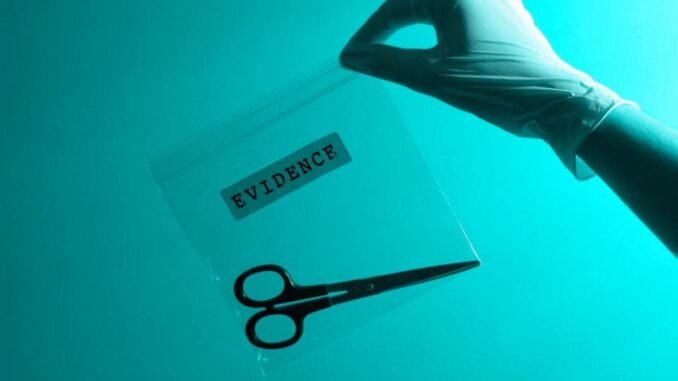
Forensics is simply put as the application of scientific procedures to matters of law. So, rather than just listening to testimonies, which are great, science can explain to the court issues like who committed a crime (DNA, Fingerprint), when the crime was committed (Determine time of death through forensic entomology), what happened (crime scene reconstruction), where a crime occurred (Primary and secondary crime scene), why a crime occurred (Forensic psychology) and how it occurred (Autopsy, ballistics analysis).
Around the world, forensic science has become a major tool to make the criminal prosecution process easier. Countries have well equipped laboratories, trained scientists and scene of crime officers and trainings that have made the criminal justice system better.
So why forensics?
Forensic science covers various applications with the aim to recognize, identify and evaluate physical evidence. Forensic fields include, DNA Analysis, Fingerprint analysis, Tyre mark analysis, Forensic Anthropology, Forensic Psychology and so much more, literally, every aspect of life could have a forensic element if a crime, incident or accident takes place.
Forensic science helps to solve crimes such as homicide, theft, sexual crimes and so much more. For example, in a murder scene in a home, the forensic process would include an autopsy to determine the cause of death, death mechanism and time of death.
Bullets recovered could be tested in hopes that the weapon would be found and matched to the source, fingerprints from the scene can help to positively identify the perpetrator, Blood and other biological evidence could be tested for DNA to develop a profile of the perpetrator, which can be matched to them when they are caught.
In the court, forensic science provides additional evidence to corroborate facts about an incident. It helps to exonerate the innocent and convict the guilt. This is dependent on the forensic expert’s ability to explain the science to the court.
In Nigeria, the use of forensic science is still very limited but could make a lot of difference if welcomed and applied as part of the criminal justice system. It would be easier to investigate homicide, theft, fire, frauds and digital crimes which are prevalent in this clime. It would also help to curb the culture of people getting away with crime that we have become used to.
Some of the steps to get forensic science working is, first incorporating it into the law, awareness training for the law enforcement agencies and the judiciary, before setting up laboratories and training facilities which include proper accreditations and practice process. This won’t happen overnight but with commitment and a clear foresight this could happen.
Crime would not stop, but with a thorough investigation process which forensic science can aid, the prosecution process could be easier. This is possible in Nigeria and it will be helpful in the long run.
END

Be the first to comment